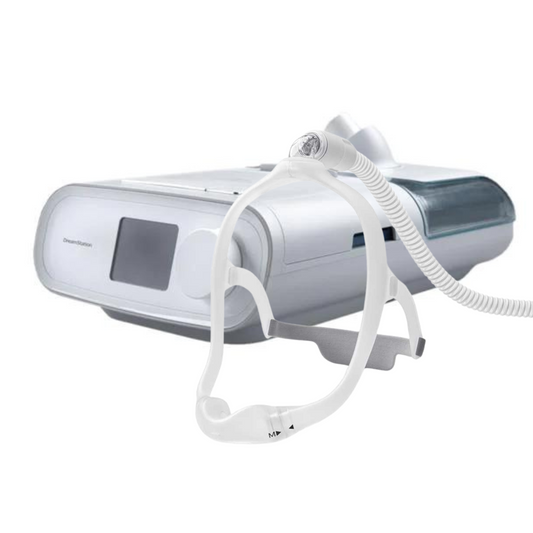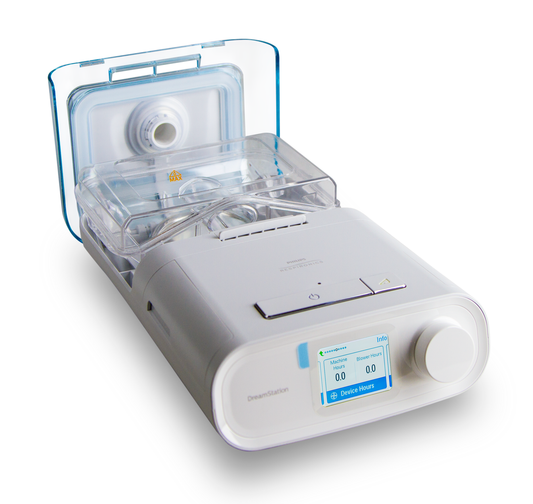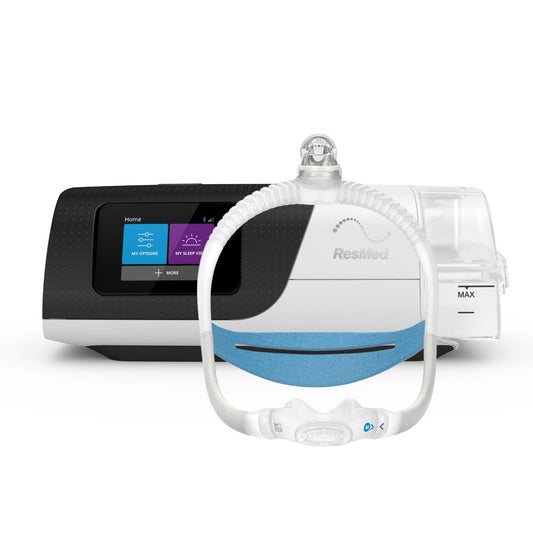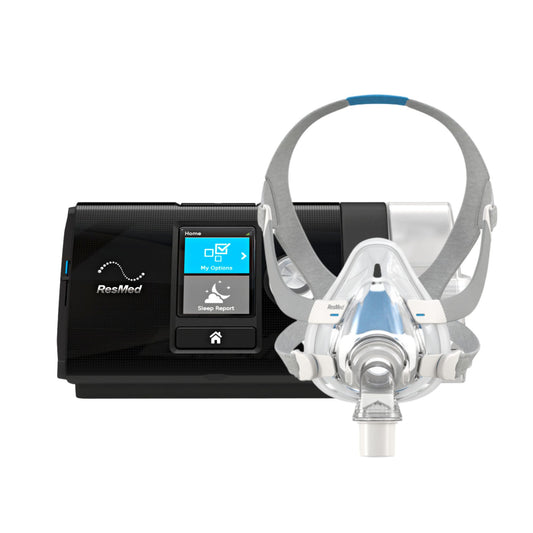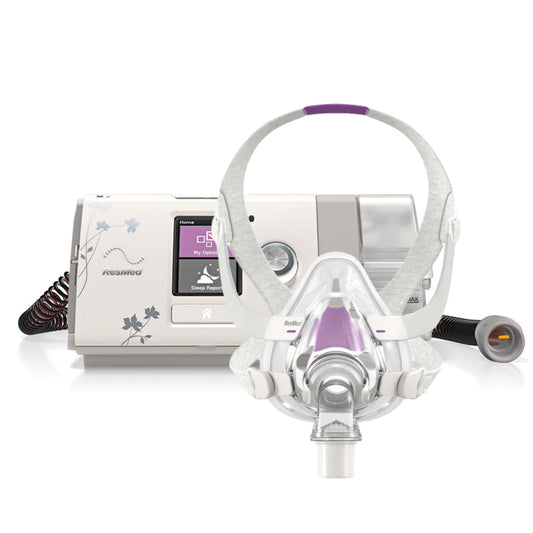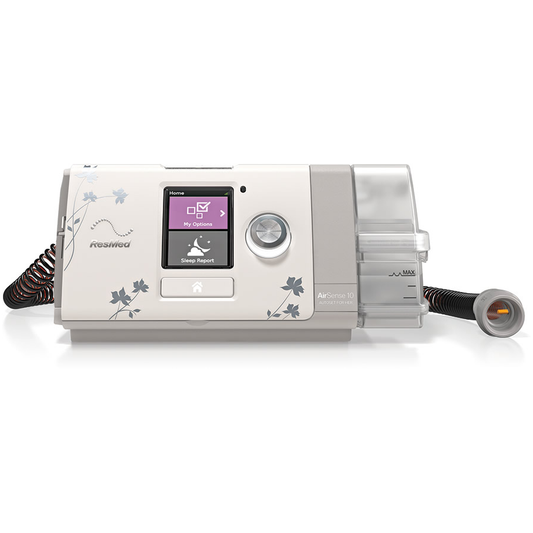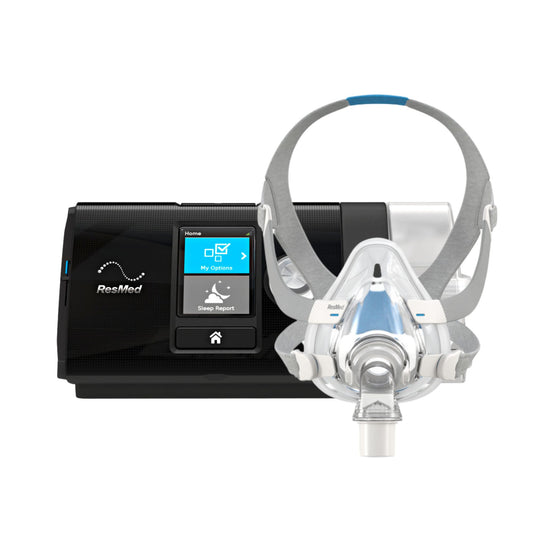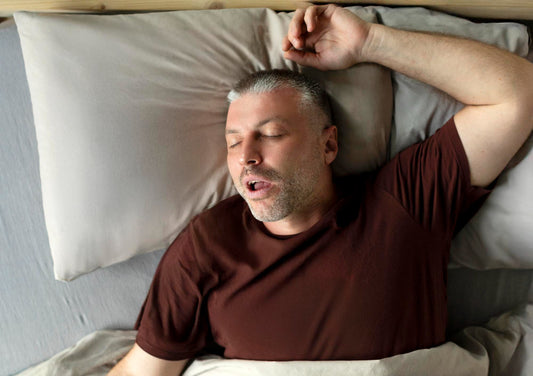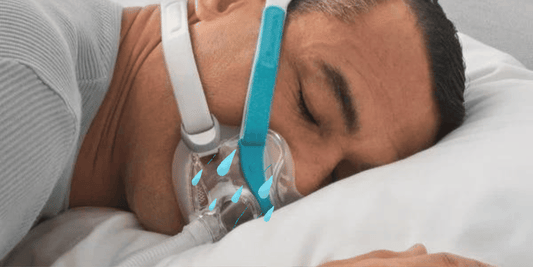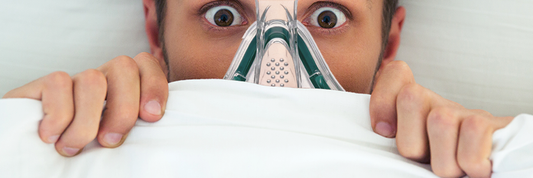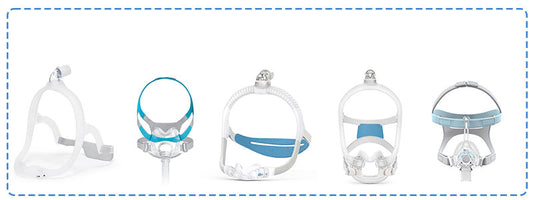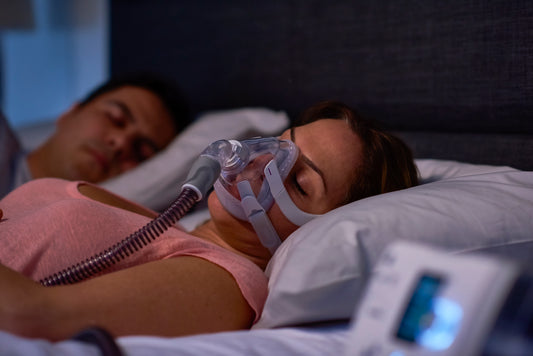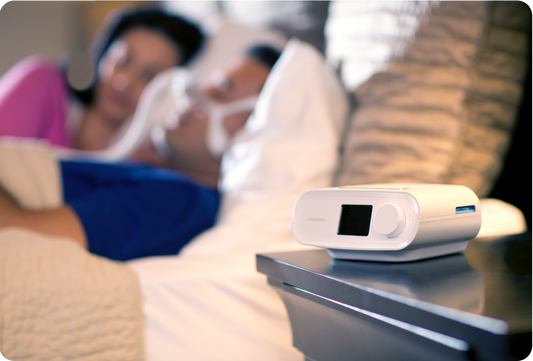Sleep experts categorize children ages 11 to 22 as adolescents. This age group is known for hugging the bed seemingly wanting to sleep all day. Sleep experts now deem this age group as needing more sleep than they did when they were 10 years old and younger, and are not just turning into sleepy, lazy young adults.
Do Teens Really Need More Sleep?
Studies indicate that during late puberty, melatonin, the sleep-related hormone is secreted at a different time than normal. This in effect changes the circadian rhythms that indicated the sleep-wake cycle of a person. It is therefore normal for a teenager who usually falls asleep at 10 p.m. to be still awake by 1 a.m. A teen’s wind down time occurs at a much later time.
The physiological changes occurring in adolescents require them to sleep more and may find it hard to wake and get up in the morning. In a sense, their biological clock slows down which accounts for their staying awake until the wee hours. These teens have now turned into sleepy, lazy persons who are unlikely to wake up even if a bomb went off a few feet away.
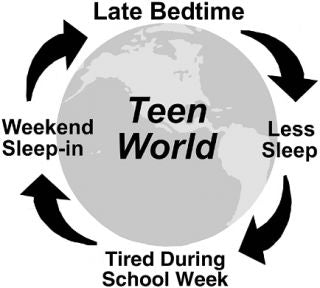
Studies indicate that teenagers need about 9 hours and 15 minutes of sleep to function well. Young children need 10 hours of sleep while adults need about 8 hours. Teens are unlikely to get their recommended hours of sleep because of school, homework, social life, work and inability to fall asleep until very later at night. It is a fact then that majority of teens are chronically sleep-deprived and they try to catch up on their sleep on weekends. Nevertheless, they will ultimately catch up on sleep and go to bed and wake up at appropriated times.
Danger of Sleep Deprivation
Sleep deprivation is not good as it not only inhibits creativity but also impairs memory thus tasking sleep-deprived adolescents to learn. Stress and emotional angst make teens struggle at school and sleep deprivation makes it more difficult. Sleep deprivation aggravates their mood swings, irritability and lack of self-confidence. Even in adults, chronic sleep deprivation could lead to depression. It can weaken their immune system, making them more prone to a variety of illnesses.
What Can Be Done?
Parents can monitor their child’s activities including sports, part-time job, school and school-related activities and more. If the schedule is too full, parents can have their child choose which the most important ones are. He can then stick to a schedule that allows him adequate time for school and sleep.
Sleep hygiene tips for teens include:
- Staying away from caffeine and nicotine right after lunch. Note that alcohol disrupts sleep.
- Avoid computer games before bedtime.
- Do not start an argument with anyone before bedtime
- Do not sleep with the computer and TV screens flickering in the bedroom.
- Sleep in a dimly lit room.
- Teens must be allowed to sleep-in on weekends (2-3 hours more) to let them catch on sleep.
Is your teenage son or daughter getting enough sleep daily? If not, have him/her checked by a qualified doctor to assess and diagnose the cause of his/her lack of sleep.
